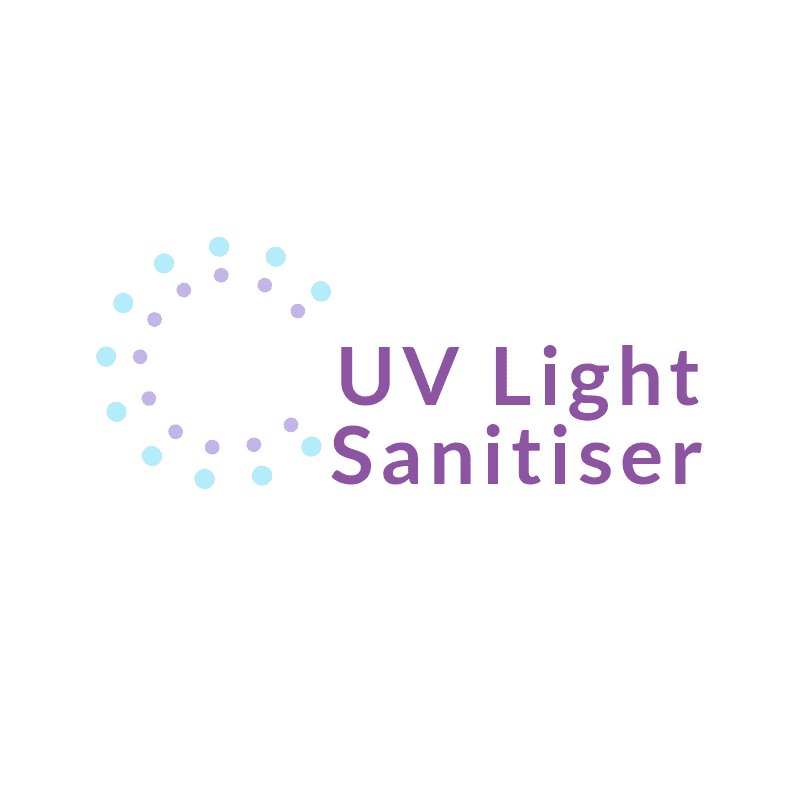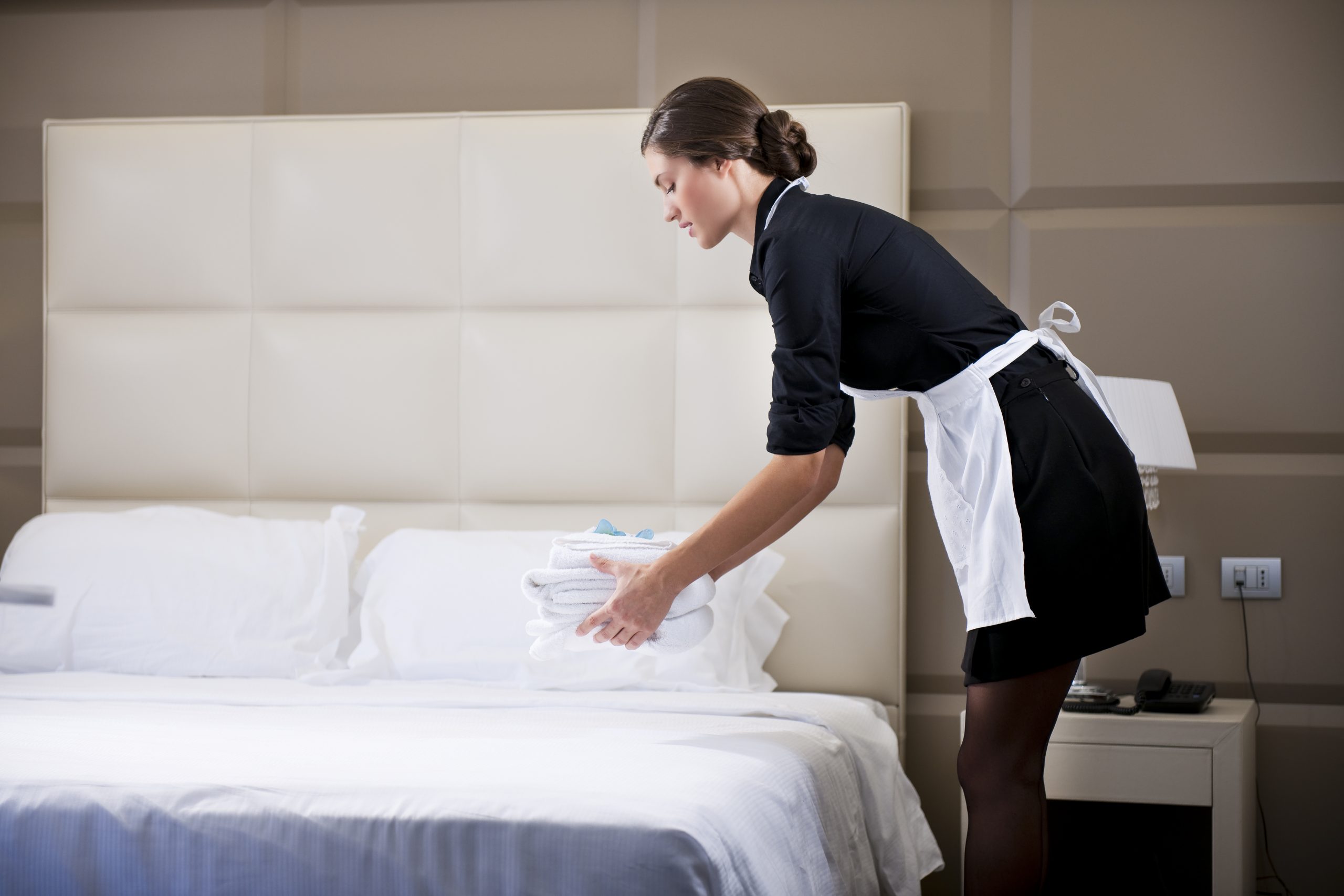The COVID-19 pandemic has got people growing desperate for a cure. Our fear of getting infected has resulted in people searching for anything that could protect from the coronavirus. Since the onset of the outbreak, people have been busy searching for tools that will keep them from getting infected or infecting someone. One of the most popular tools is travel light disinfection.
UV travel sanitizers harness UV-C, one of the three rays that the sun emits. UV-C has a wavelength of 100-280 nanometers. UV light is most effective in disinfecting things that will most likely come in contact with germs from multiple people. UV is great for sanitizing flat surfaces. Did you know that your phone is perhaps the dirtiest piece of device you can touch? You touch your phone thousands of times a day so imagine the different kinds of bacteria that goes to your hand.
This is where portable light disinfection can come in handy. Since Travel Light Disinfection sanitizers can be carried around, you can disinfect your phone or tablet before using them. Aside from smartphones, UV light can also be great for disinfecting your keyboard or mouse in the office. When shopping, you can use UV sanitizers to disinfect the items you are going buy and take home.
UV travel light sanitizers also make sense in public places. They can be great in reducing transmission of diseases on a large-scale if used in airplanes, restaurants, subway stations, and other places where people congregate. They are also great alternatives to tabletop chemical cleaners.
Do portable UV sanitizers work?
UV-C light is known for its germicidal abilities. A 2104 study published in the American Journal of Infection Control found that UV sanitizers can kill 100 percent of different types of bacteria found on surfaces after just 5 seconds. It can also deactivate 90 percent of hardy spore-forming bacteria after 40 seconds. The research also revealed that UV light sanitizers are good alternatives for chemicals in disinfecting surfaces.
UV light sanitizers are effective in disinfecting because it destroys the molecular bonds that hold together the DNA of viruses and bacteria and superbugs, which are resistant to antibiotics. A 2017 study revealed that 222nm UVC light killed methicillin-resistant staphylococcus aureus (MRSA) as effectively as a 254 nm UVC light, which would kill humans.
Research into UV light
In 2018 another study was conducted on the H1N1 virus. A narrow spectrum UVC light proved effective at eliminating the virus. The study had important implications for public health since installing non-toxic overhead UV lighting in public spaces could lead to a drastic reduction in transmission of diseases.
UVC light is also proven effective in purifying water as well, when used correctly. Companies that sell UVC pen-like devices and UVC bottles claim to eliminate 99.99% of bacteria and viruses from water. Light disinfection can prove useful to hikers and travelers to remote areas in dealing with unpurified sources.
A 2015 study on Travel Medicine and Infectious Diseases looked at a handheld UVC device called SteriPEN. The research concluded that reduction in the number of bacteria and virus would depend on how the device was used. Although it performed well overall killing between 94.98% to 99.99%, travelers should still be educated on the risks of incorrect application during the travel medical consultation.
Today, there are different varieties of UV light travel sanitizers in the market. It is common to see water bottles and bottle caps that harness the power of UV light in killing germs in water and reducing bad odor which in some cases make the water safer to drink.
Can travel sanitizers kill the coronavirus?
One problem with using UV light for disinfection is that it is still unclear whether it is effective at killing COVID-19. With UV light, you need to know the duration of direct exposure. It will also depend on the distance from the Travel Light Disinfection source.
Kim Trautman, Executive Vice President of Medical Device Services at NSE International, explains that precise duration will not just vary on the light source but also on the virus you are trying to eradicate. Also, not all viruses are equal. Some are susceptible to UV radiation, others are tougher. At the moment, there is no consensus yet on how tough coronavirus is.
Coronavirus is a little bit more robust than the earlier varieties of coronavirus. Earlier forms of SARS died much quicker on surfaces. In the case of COVID-19, it lasts longer on surfaces like cardboard, glass, plastic than some of the earlier variations of this family of virus.
There are no scientific studies yet that can definitively say the time and duration of UV-C exposure needed to prove that COVID-19 has been disassembled enough to be non-potent or nonreplicating.
Are Travel Light Disinfection sanitizers good for the home?
Hospitals are already using UV light technology for disinfecting the room of patients. UV travel sanitizers have also been used for hotel room disinfection. This may lead you to assume that it can also be effective for home disinfection. Perhaps the first thing that you will do after traveling is to disinfect yourself using the UV light sanitizer. That isn’t the case all the time.
Trautman reveals that UV-C only works on flat surfaces and not the human body. While it may be effective for plane seat disinfection, it isn’t recommended for disinfecting your home. UV-C is a health hazard. While it can curb infection by degrading cell walls, proteins, and membranes of micro-organisms, it is also carcinogenic. Exposure to UV-C can harm the human skin and eyes.
You may see UV robots disinfecting rooms but they are doing that when there are no people inside. Yes, UV-C can prevent you from getting infected but it can hurt you as well. Also, most of these devices do not include personal protective equipment when you purchase them.
You shouldn’t be using UV light to disinfect your hands or other parts of your skin. UV radiation can cause skin irritation and damage your eyes. Remember ultraviolet light is also responsible for causing sunburn or skin melanoma.
The fact of the matter is that you don’t need UV light sanitizers to kill microbes. You are better off sticking to the tried and tested best sanitation practices of washing your hands with soap and water to be effective.
In this time of pandemic, cleaning your hands with alcohol-based sanitizers and wearing a mask is your best defense against the coronavirus.

